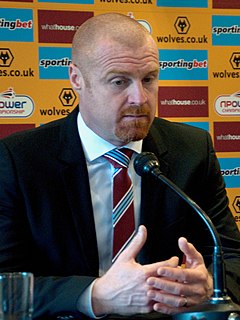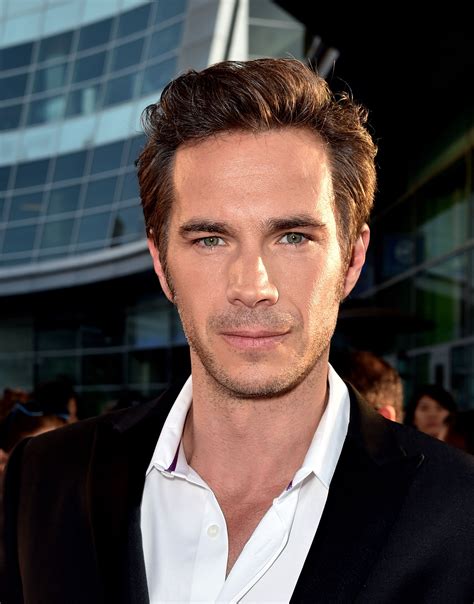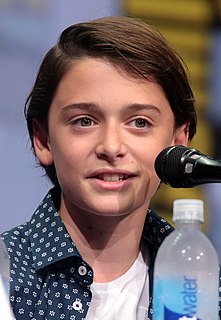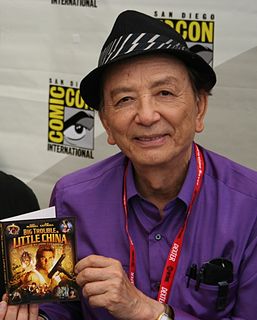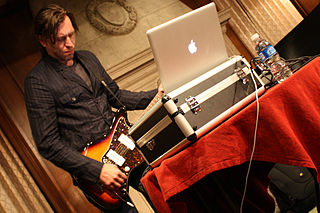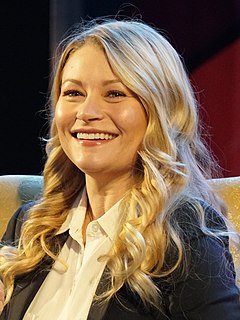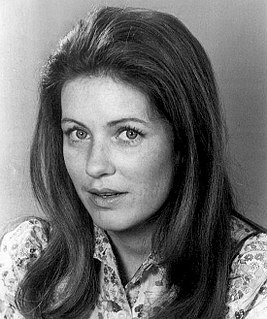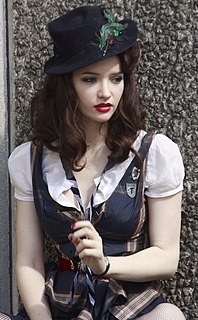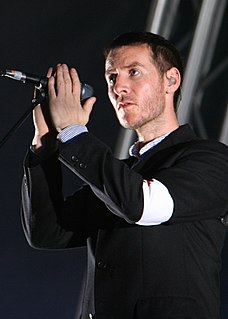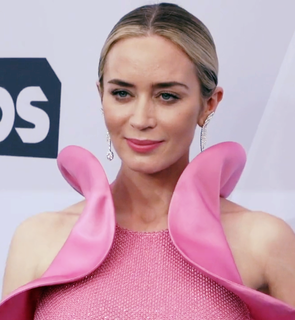A Quote by Sean Dyche
The early music I heard was Top of the Pops. But in bedrooms, around the house with my brother playing the Sex Pistols, Sham 69 and the Ham and all these groups then going into that sort of mod turnover scene and then going into the New Romantics scene the coming of age myself in the mid-eighties and into the noughties, it was changing.
Related Quotes
All directors on all sets behave slightly differently depending on what the scene is. For example, if you are doing a love scene, which is intimate then the director is likely to be intimate. If you are doing a scene where everyone is mucking around and laughing then the director is likely to start with that. If you are playing a scene which us incredibly heavy and everyone getting killed then there are probably not many laughs on the set.
But for me, you also have to be conscious of what is going to play. And that includes playing with. Sometimes it's just a vibe. It's what's going to make this scene work. And sometimes there may be something that restricts you that has to do with something that maybe is historically accurate. And then you have to weigh that decision and give up something for a scene to work.
It's always different for whatever the scene asks for but usually, I listen to music before the scene just to get into the mood, mellow myself out and really put myself into the character's shoes. I zone out from everything going on around me and just focus on what I have to do. From there, I just let it happen.
My vision of punk rock was these dudes who were spitting on the audience and moshing. That's why I kind of left that scene. Then I see all these people around my same age or between 17 and 25 that were making music themselves in their own town. They weren't just singing, but creating. I see them putting out this music where there are tons of women involved in the scene and involved in the bands.
I started playing guitar at the age of 8 or 9 years. Very early, and I was like already into pop music and was just trying to copy what I heard on the radio. And at a very early age I started experimenting with old tape recorders from my parents. I was 11 or 12 at that time and then when I was like 14 or 15 I had a punk band. I made all the classic rock musician's evolutions and then in the early nineties I bought my first sampler and that is how I got into electronic music, because I was able to produce it on my own. That was quite a relief.
It was (Nick Frost's) first-ever bedroom scene and my first-ever bedroom scene...not that we were actually doing much, but we did have to lie sort of semi-nude under the sheets. And he was incredibly sort of vibrant and outgoing, but then he suddenly got very, like, 'I'm engaged and I'm getting married!' And I was, 'Okay, that's good. I just won't be touching you, then!'
